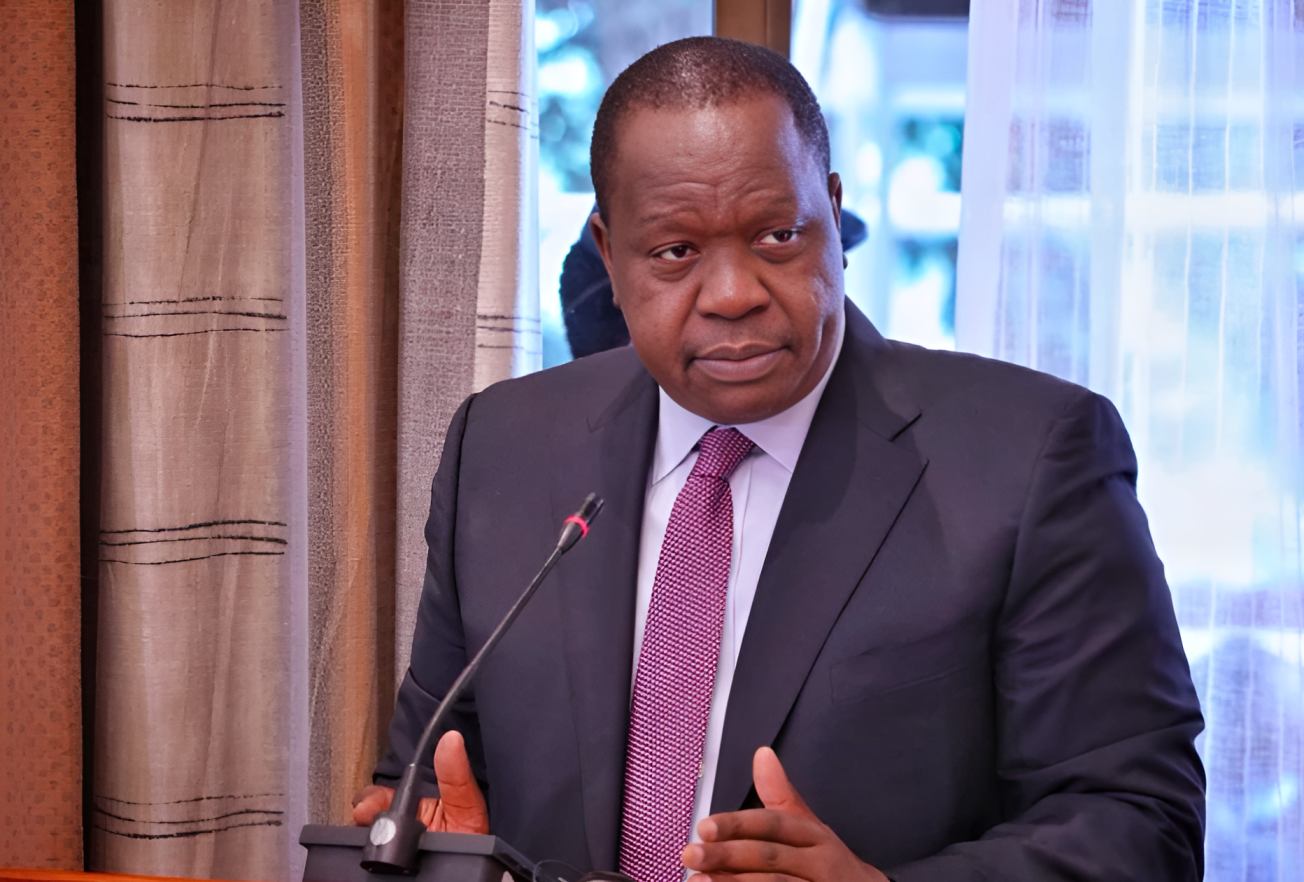Former Interior CS Matiang’i urges open probe into unresolved killings as death toll rises

The former minister stressed that only a public process could stop the ongoing cycle of suspicion, fear, and blame that often surrounds high-profile killings.
Former Interior Cabinet Secretary Fred Matiang’i has demanded a public inquest into unresolved killings and disappearances that have haunted Kenya’s political history, saying the country must confront these cases openly to find closure and justice.
He said he is ready to face any questions, including those surrounding the deaths of Chris Msando, Jacob Juma, Kipyegon Kenei, and the unidentified bodies recovered from River Yala.
Speaking amid renewed public outrage following the police killing of at least 16 people during Wednesday’s anti-government protests, Matiang’i urged the state to fully commit to truth and accountability.
“Let us go and explain some of these things that have happened even before 2023 so that we can now move forward together as a country when all facts and everything has been heard and resolved and we can deal with the unresolved matters that have not been conclusively investigated,” he said.
He emphasised the need for transparency and accountability in addressing past political murders.
“Whether we start with Chris Msando, we come to Jacob Juma, we come to Kipyegon Kenei, we come to River Yala and everything else. Let these things be investigated by an open public inquest,” he added.
The former minister stressed that only a public process could stop the ongoing cycle of suspicion, fear, and blame that often surrounds high-profile killings.
“So I ask my colleagues that now let us be true to the course that we are following. Let these things be dealt with publicly and I pray. We should never have a recurrence of this so we should spend the time now asking the question, how are we going to stop another recurrence of this,” he said.
Matiang’i spoke just hours after Amnesty International and the Kenya National Commission on Human Rights confirmed that 16 people were killed during the June 26 protests, most of them shot by police. “Most were killed by police,” said Amnesty Kenya executive director Irungu Houghton, noting that five of the victims had gunshot wounds.
KNCHR had earlier reported eight deaths, all attributed to gunshots, and confirmed that more than 400 people were injured during the demonstrations, including protesters, police officers and journalists.
Interior Cabinet Secretary Kipchumba Murkomen has since claimed the protests were an attempt to overthrow the government, not a legitimate expression of public dissent. While visiting areas affected by the unrest, he alleged that the demonstrations aimed to seize state institutions to trigger regime change.
“The plan was to take symbols of authority and democracy — which is Parliament and State House — to show that they had achieved some sort of regime change,” said Murkomen. “This was not a protest or freedom of expression, but an unconstitutional attempt to change the regime of the Republic of Kenya,” he added, while praising police for their response.
The government is yet to respond to Matiang’i’s call, but civil society groups and human rights organisations continue to press for justice for victims of both recent and past extrajudicial killings.
